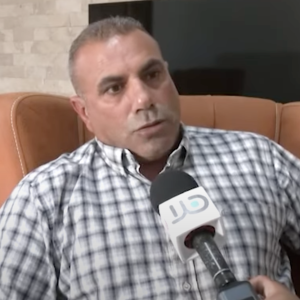
In 2014, a major event marked the history of Tunisia, the epilogue of the self-immolation of the street vendor Mohammed Bouaziz and of the popular protests: on January 26, 2014, the fundamental law of the Tunisian State, the constitution, was approved by the Constituent Assembly. Under the authoritarian regime of Zine El-Albidine Ben Ali, president of Tunisia from 1987 to 2011, corruption and poor political transparency spread among government officials, the 1959 Constitution had been suspended, all forms of opposition to the regime were repressed with blood, food price increase was unsustainable and unemployment had become a social burden.
In this dramatic political scenario, in 1990, a very young cyber-dissident operated anonymously within the context of the "counter-culture", which wanted to open the web to all the members of the civil society. Her name is Amira Yahyaoui. Daughter of a judge fired by Ben Ali because of his ideas contrary to the regime, at the age of twenty she collaborated with the satirical website www.tunezine.tn, founded by her cousin Zouheir Yahyaoui, who had been imprisoned for his online activism and had died in prison following a hunger strike.
In 2005, the crackdown on political dissidents intensified further and Amira was beaten by the secret police and forced into a six-year exile in France where, despite the violence, she continued her activism on social media. Later in 2010, Amira organized a worldwide event online where a series of Tunisian activists, living in various countries around the world, took to the streets simultaneously to challenge their national government. It was a coalition born on the web whose end consisted of a popular protest. Amira had achieved notoriety in France and acted as a catalyst for the protests that took place on the streets of Tunis, which were filmed and sent to her for spreading on the web. When the Jasmine Revolution led to the decline of the regime and forced Ben Ali to leave the country to find refuge in Saudi Arabia, Amira had the opportunity to return home and found an electoral list, named Sawt Mostakel (The independent voice) in view of the new parliamentary elections. "Up to now my political commitment has been fulfilled in the opposition, but from now on I want to propose and build" declared Amira in a post, referring to her election campaign, which proposed the drafting of a new constitution as the ultimate goal. Amira was aware that her list represented a minority within the political scenario, she did not aspire to electoral victory but to increase awareness among the Tunisian people about the importance of a constitution.
As could be expected, Sawt Mostakel did not get enough support to enter parliament and Amira decided to continue spreading her values of freedom as an active member of civil society. In 2011, she founded Al-bawsala (the Compass), a Non-Governmental Organization, which is still very active in the field of social progress and in strengthening citizenship. The organization's motto is: to promote democracy in Tunisia. Al-bawsala proposes using technology to contribute to the redefinition of democracy, equality and transparency, including citizens in the political arena through information, so that they can strengthen their political awareness. In concrete terms, the Tunisian NGO develops a culture of democracy by monitoring legislative and executive procedures, defending fundamental rights and individual freedoms, also organizing initiatives in the cities. The success of Al-Bawsala has been great in urban and rural areas and on web, especially on Twitter and Facebook; but the real revolutionary tool, which brought about a significant change in Tunisian political culture, was Marsad.tn, a website created by Yahyaoui within the activity of her NGO. In the years preceding the drafting of the constitution, the site was intended for monitoring the members of the Constituent Assembly during the process of drawing up the future fundamental charter of the State.
Every day, six members of Al-Bawsala went to the chamber of the Constituent Assembly to update Marsad.tn and allow citizens to monitor in real time the activities of the Assembly and the presence or absence of the members, who should have participated in the debate. politic. This greatly diminished the absenteeism of Assembly members and allowed for greater transparency.
Once the Constitution was written and voted on, Yahyaoui remained an inspiration and a guiding model for many women and men engaged in political struggles in North Africa and the Middle East. Activist and entrepreneur, she was a pioneer in the Arab world for the creation of a parliamentary monitoring system. The Arabian Business newspaper included her in the ranking of the hundred most powerful women in the Arab world. Her influence has been and remains revolutionary not only in politics, but also within the collective consciousness of the Tunisian people.








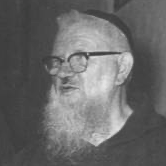

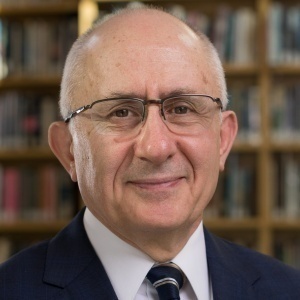







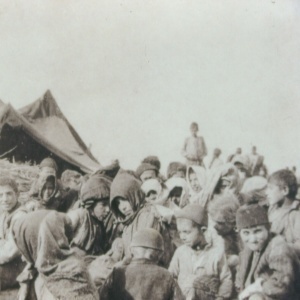














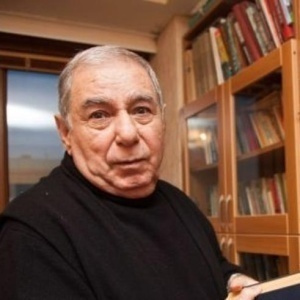












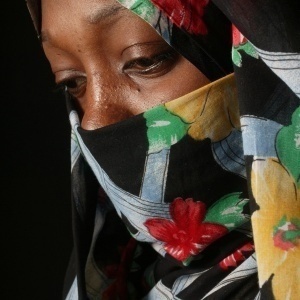




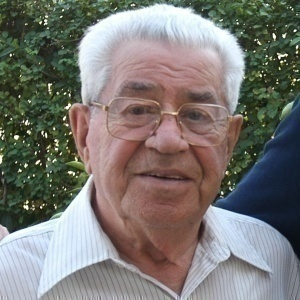
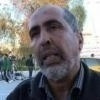







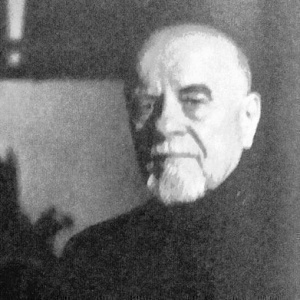










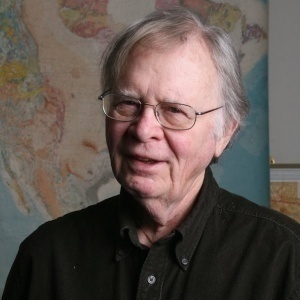
















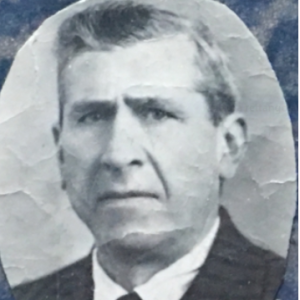









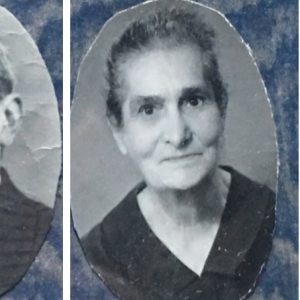













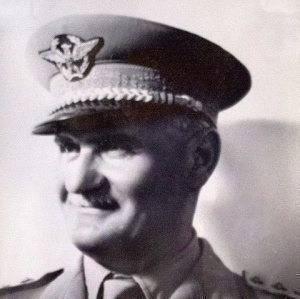


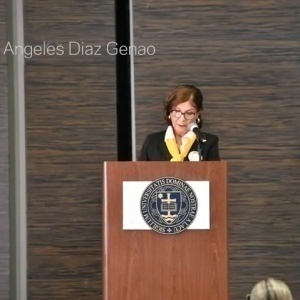


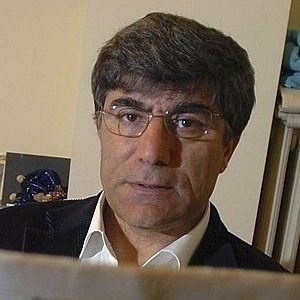


.jpg)










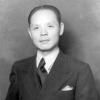


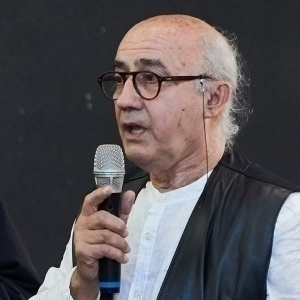








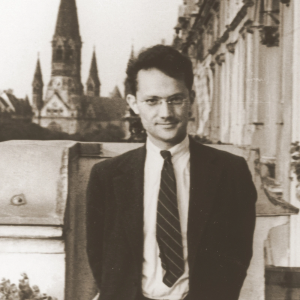








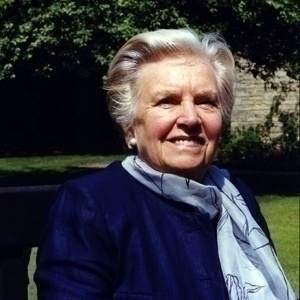




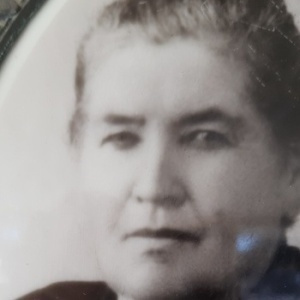





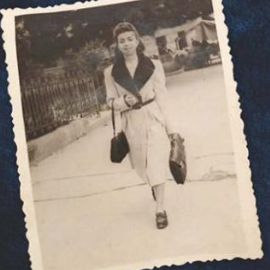










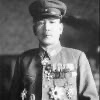





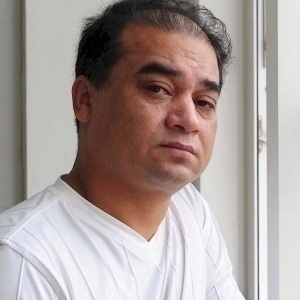





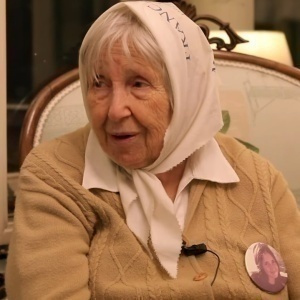



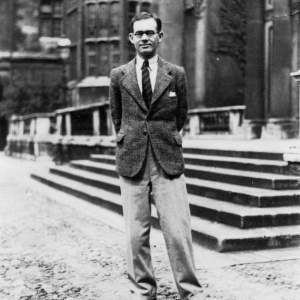
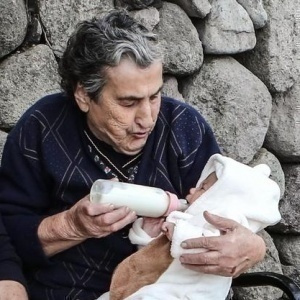

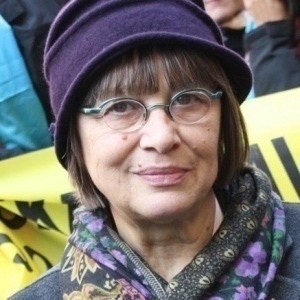

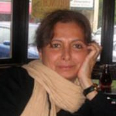














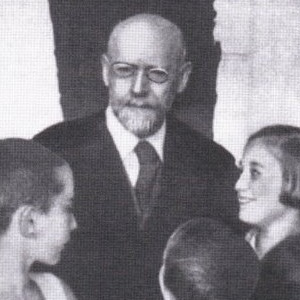




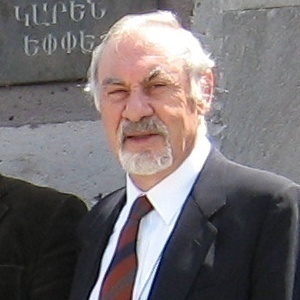










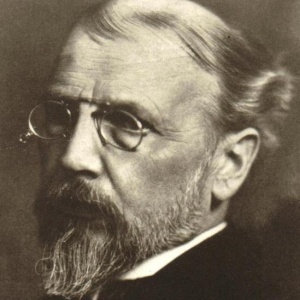





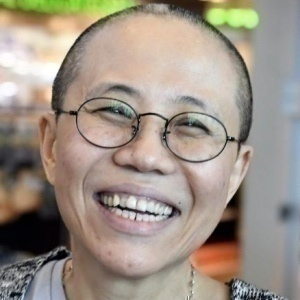





.jpg)


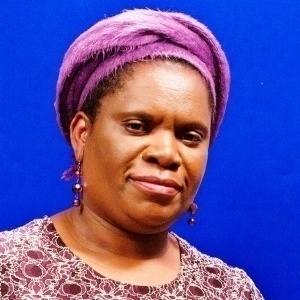




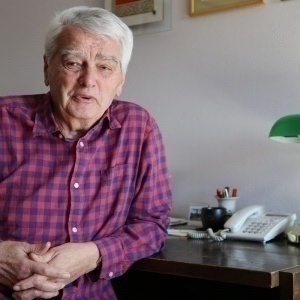



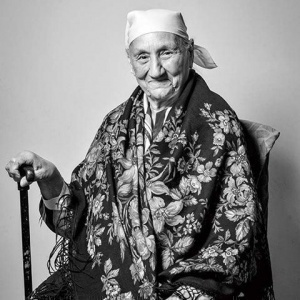

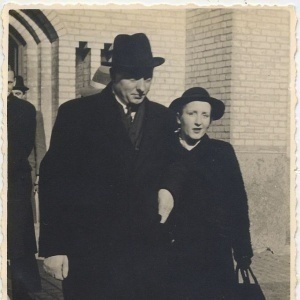
















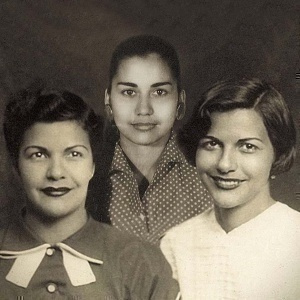




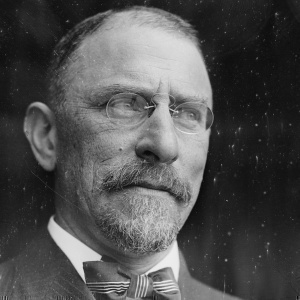




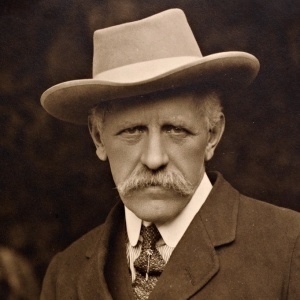


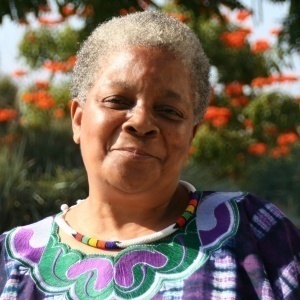
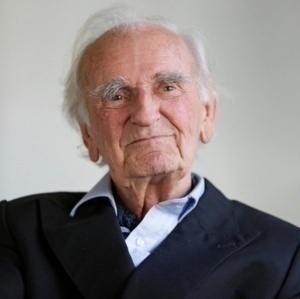













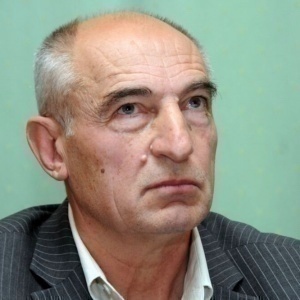

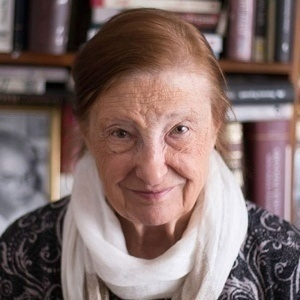
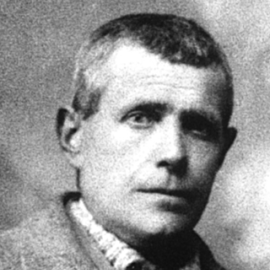

.jpg)
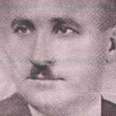
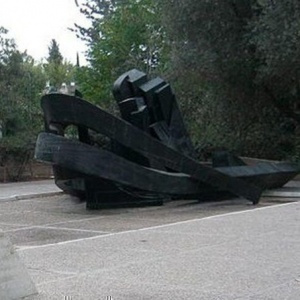










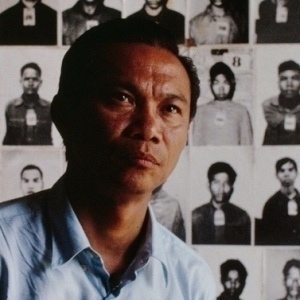
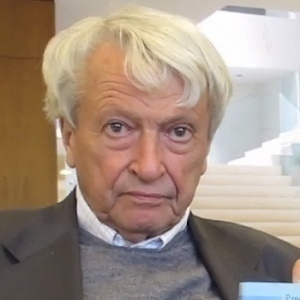










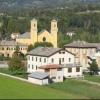

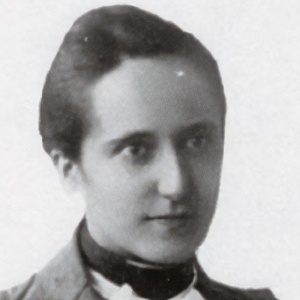


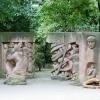














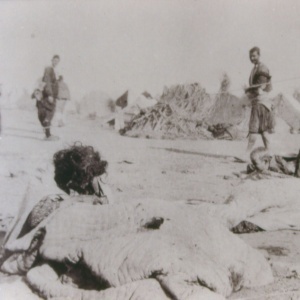














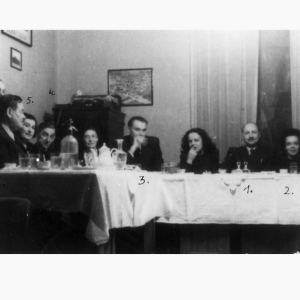


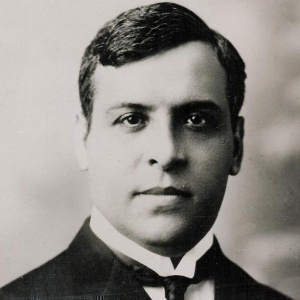

















.jpeg)

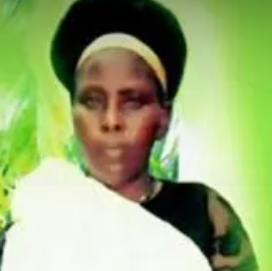








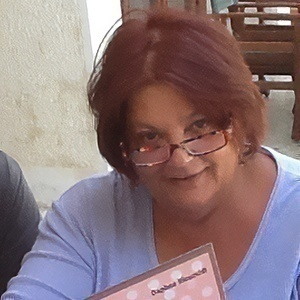













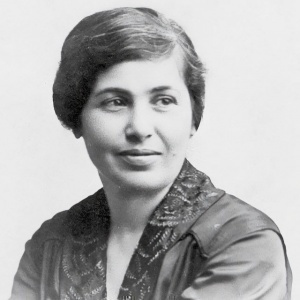







.jpg)
